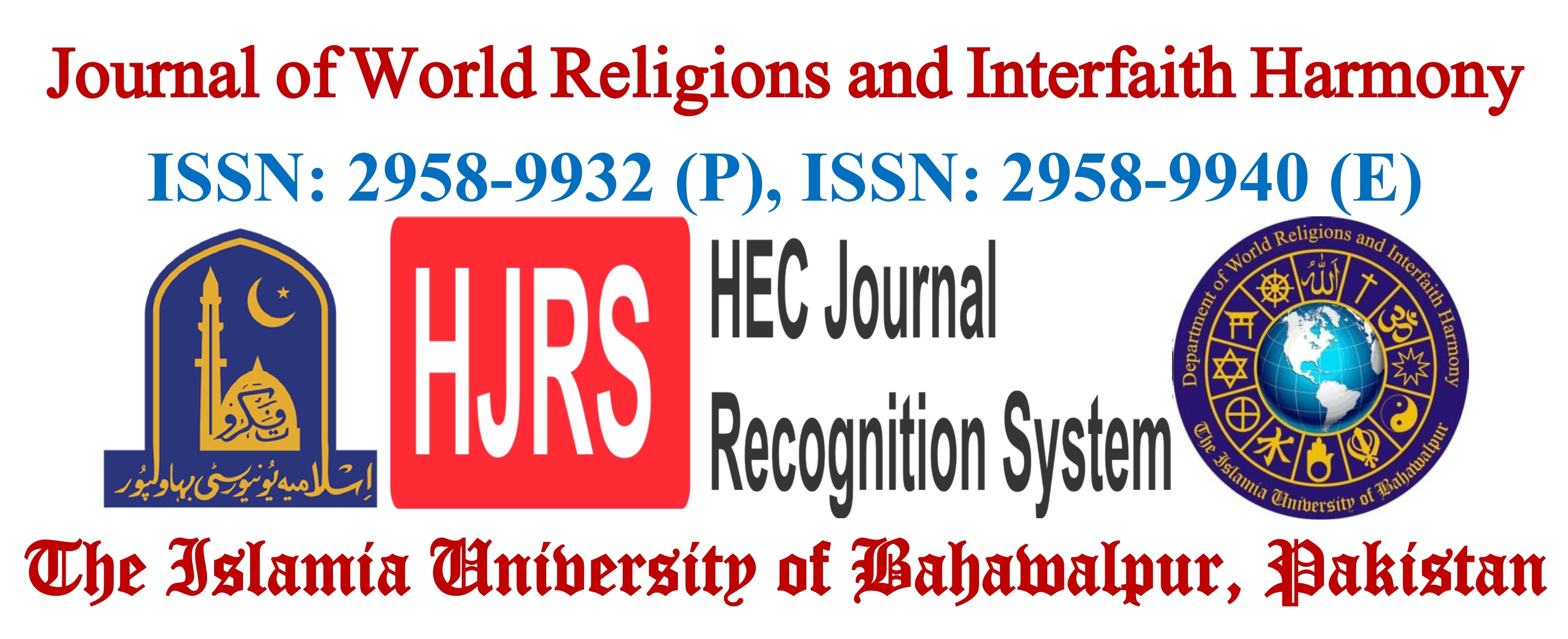Dalai Lama: History and Religious Role
DOI:
https://doi.org/10.52461/jwrih.v3i1.2901Keywords:
Dalai Lama, reincarnation of Bodhisattva of Compassion, Avalokiteshvara, reincarnation, the Gelug School, Tibetan people, Buddhism.Abstract
The Dalai Lama is the spiritual leader and holds a vital role for the Tibetan people. He is the head of the Gelug school of Tibetan Buddhism and is believed to be the reincarnation of the Bodhisattva of Compassion, Avalokiteshvara. His main responsibilities include providing spiritual guidance to the Tibetan people. The current and 14th Dalai Lama is Tenzin Gyatso, who is believed to be the reincarnation of the 13th Dalai Lama. He is a prominent and widely popular religious leader, known for advocating peace, love, compassion, and inner peace. The Dalai Lama has traveled to many countries and met with renowned world leaders to advocate that Tibet should not be considered a part of China, contrary to China's claims. He maintains that Tibet has its own separate identity and should not be incorporated into China. Tenzin Gyatso opposes China's viewpoint and encourages his fellow Tibetans to stand up against China.
Downloads
Published
How to Cite
Issue
Section
License
Copyright (c) 2024 Hafiza Farheen Saqib, Dr. Muhammad Afzal

This work is licensed under a Creative Commons Attribution-NonCommercial 4.0 International License.






